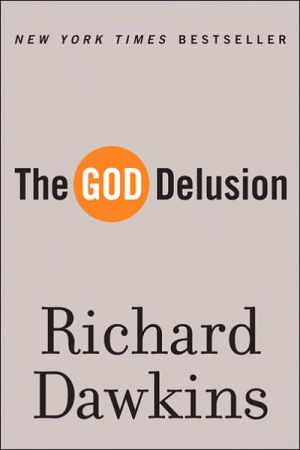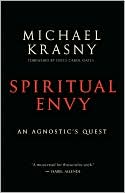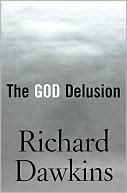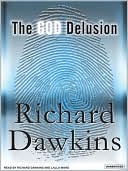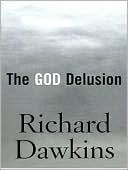Unknown God: Agnostic Essays
Kenny, a philosopher by profession, struggles with the intellectual problems of theism and the possibility of believing in god, especially in an intellectual climate dominated by Logical Positivism.\ Here he revisits the Five Ways of Aquinas and argues that they are not so much proofs as definitions of God. He is also in constant dialogue with Wittgenstein for, Kenny writes, no man in recent years has surpassed him in devotion of sharp intelligence to the demarcation of the boundary between...
Search in google:
In direct contrast to recent philosophical quarrels about the existence and nature of God, and human relationships with the divine, Kenny, a former Roman Catholic Priest and Master of Balliol College, Oxford, asks a few simple and startling questions: Is it possible, as humans, to prove the existence of God? Are such efforts merely exercises in painting God with an anthropomorphic image? In this collection of essays written over the last 15 years, Kenny describes how limited literal descriptions of God are, given the limits of theology and philosophy, and compares the efforts of poets working within agnosticism, Arthur Hugh Clough and Matthew Arnold. His final essays compare the thought of John Henry Newman with that of Leslie Stephen and explore the work of Ludwig Wittgenstein on the mind. Annotation ©2005 Book News, Inc., Portland, OR Library Journal Can the existence of God be proven? Kenny (A Brief History of Western Philosophy), a former Roman Catholic priest, addresses this eternal question by first considering the likelihood of saying anything intelligible about the nature and existence of God. He believes that the correct position on the concept of God is agnosticism, which he describes as "those who fail to believe in God because they think that the truth-value of `God exists' is uncertain." This collection of essays covers a broad range of philosophical topics, from the existence of God to animal minds and consciousness. Though essays like "The Limits of Anthropomorphism" may initially seem to stray from his thesis, Kenny does a wonderful job of tying their conclusions to the book's overall purpose. With lucid writing and careful examination of past arguments for the existence of God, Kenny succeeds in presenting agnosticism not as an indecisive idea but as a deeply philosophical belief system that combines rationality and humility. Highly recommended for larger public and academic libraries that have existing collections on the philosophy of religion.-Scott Duimstra, Capital Area Dist. Lib., Lansing, MI Copyright 2005 Reed Business Information.
Introduction11The Ineffable Godhead72Anselm on the Conceivability of God253Metaphor, Analogy and Agnosticism344God and Mind465The Limits of Anthropomorphism626The Problem of Evil and the Argument from Design817Faith, Pride and Humility1018Two Agnostic Poets: Arthur Hugh Clough and Matthew Arnold1109John Henry Newman on the Justification of Faith12510Leslie Stephen and the Mountains of Truth15511Wittgenstein on Mind and Metaphysics17912Wittgenstein on Life, Death and Religion197Index217
\ Library JournalCan the existence of God be proven? Kenny (A Brief History of Western Philosophy), a former Roman Catholic priest, addresses this eternal question by first considering the likelihood of saying anything intelligible about the nature and existence of God. He believes that the correct position on the concept of God is agnosticism, which he describes as "those who fail to believe in God because they think that the truth-value of `God exists' is uncertain." This collection of essays covers a broad range of philosophical topics, from the existence of God to animal minds and consciousness. Though essays like "The Limits of Anthropomorphism" may initially seem to stray from his thesis, Kenny does a wonderful job of tying their conclusions to the book's overall purpose. With lucid writing and careful examination of past arguments for the existence of God, Kenny succeeds in presenting agnosticism not as an indecisive idea but as a deeply philosophical belief system that combines rationality and humility. Highly recommended for larger public and academic libraries that have existing collections on the philosophy of religion.-Scott Duimstra, Capital Area Dist. Lib., Lansing, MI Copyright 2005 Reed Business Information.\ \

